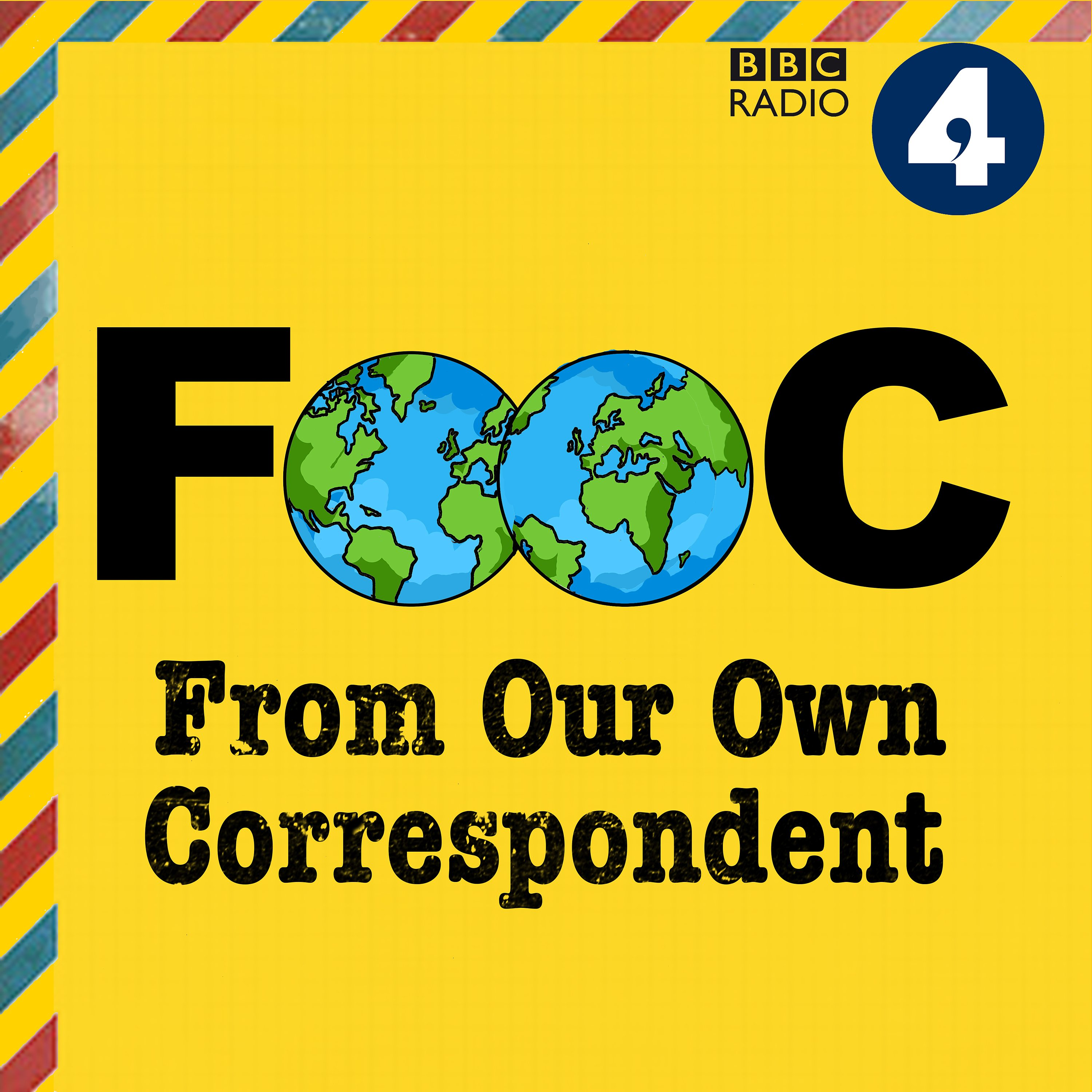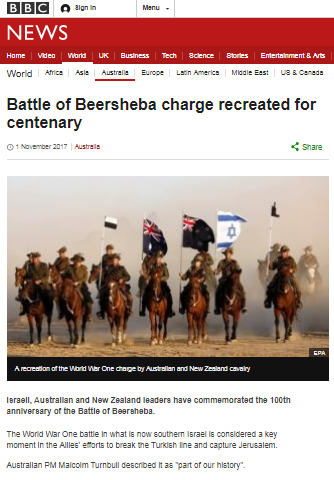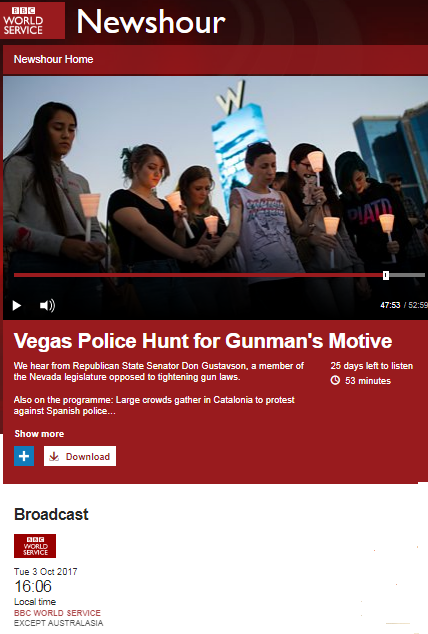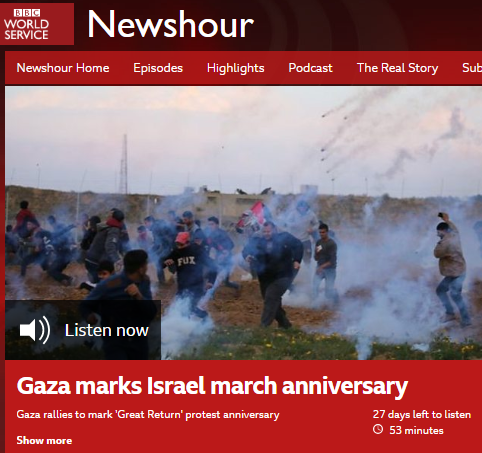The July 11th edition of the BBC Radio 4 programme ‘From Our Own Correspondent’ included an item described as follows in its synopsis:
“More than 25 years on from the Oslo Peace accords, close friendships between Palestinians and Israelis are still rare. Charlie Faulkner attends a Shabbat meal in Jerusalem where an Israeli woman invites a former Palestinian prisoner to her home.”
Presenter Kate Adie introduced the item (from 11:25 here) with an inaccurate portrayal of the aims of the Oslo Accords, a one-sided explanation of factors supposedly making a two-state solution “more remote” and the same unevidenced claim about friendships between Israelis and Palestinians. [emphasis in italics in the original, emphasis in bold added]
Adie: “It’s more than 25 years since the Oslo Peace Accords were signed, aiming to fulfil the right of the Palestinian people to self-determination. The accords led to the creation of a Palestinian Authority with limited self-governance of the West Bank and Gaza and raised hopes for a more peaceful future. But now the ultimate goal of establishing a Palestinian state as part of a two-state solution seems more remote than ever amid rocket attacks and air strikes and an Israeli government taking a hard-line approach. Close friendships between Palestinians and Israelis are rare but Charlie Faulkner has come across a personal attempt to bring people together.”
Charlie Faulkner is not a BBC employee: she describes herself as “an independent journalist” currently located in Amman and has written for several Qatar-linked outlets including ‘Middle East Eye’, ‘The New Arab’ and ‘Al Jazeera’.
Faulkner’s story was about what she claimed was “a very unusual dinner party” at the home of someone described as “Jewish American” despite having lived in Israel for twelve years.
“In just a few moments Susan – a Jewish American in her 60s – would be inviting Suli – a former Palestinian prisoner – into her home for Shabbat dinner even though she’d never had a conversation with a Palestinian before. It was Susan’s daughter, 33-year-old Noa, who’d orchestrated this unusual get-together.”
Although family names are absent from Faulkner’s account, Noa appears to be Noa Yammer – communications director for ‘Hand in Hand’ – and ‘Suli’ is apparently Sulaiman Khatib who has previously appeared in BBC content. Carefully avoiding the word terror, Faulkner told listeners:
“Suli, now in his mid-forties, was imprisoned for 10 years at the age of 14 after attacking two Israeli soldiers. Having informally joined the Fatah movement, one day he and a friend decided to steal the soldiers’ weapons. During the attempt – and in a moment of blind fury – Suli and his friend stabbed them. Luckily the soldiers survived, he said, and after his release from prison he focused on achieving peace. He’s the founder of a group called ‘Combatants for Peace’ and gives speaking tours around the world. This year he’ll publish a book he hopes will humanise both sides of the conflict.”
Radio 4 listeners were given no factual information about the activities, agenda and funding of the political NGO ‘Combatants for Peace’.
Again with no evidence provided to support the claim, listeners were told that:
“Encounters between Israelis and Palestinians like this are incredibly rare, set against an often tense political background. […] The conversation quickly turned serious. Israel’s Independence Day was taking place the following week and Suli’s organisation had planned a joint Israeli-Palestinian Memorial Day service the evening before. He invited Susan to attend. Immediately she bristled but answered very honestly. She said she felt that attending would be disrespectful to the sacrifice made by Israeli soldiers who had died for the country.”
Faulkner made no effort to explain to listeners that that annual event – held on what is Israel’s Remembrance Day for fallen soldiers and victims of terrorism – is considered by many to be controversial with “critics accusing it of legitimizing terrorism and equating Israel’s fallen soldiers and those who attacked them”.
Listeners heard Faulkner’s descriptions of her protagonists’ “attachment to the land”, with one including superficial references to the Six Day War and the Palestinian refugee issue – and promoting the notion of “Palestinian air”.
“Having spent most of her life teaching religious studies, Susan explained that through her faith she felt a real attachment to the land. She also emphasised that the family had sacrificed some quality of life to be there.”
“Suli pointed out his own family’s attachment to the land and how his cousin in Jordan, whose parents were among the thousands of Palestinians who fled or were expelled during the 1967 war, is not allowed to return. His cousin often longs to breathe in Palestinian air, said Suli, and on those days he climbs Mount Nebo from which he can see Jerusalem and the village where Suli’s family still live.”
More one-sided framing followed:
“He talked about how his village on the outskirts of Jerusalem, called Hizme, has continued to suffer under what he describes as an ever-tightening grip of the Israeli authorities.”
Terrorist incidents in and around that village were of course not mentioned in Faulkner’s account.
Israelis, however, were painted as largely intolerant.
“We talked about a social media post Noa had shared showing empathy for innocent Israelis and Palestinians caught up in the 2014 Gaza conflict. It had unintentionally sparked a highly emotional backlash from some friends and relatives. ‘We’re talking about these people’s children on the front lines’ Susan exclaimed. These people had seen Noa as siding with the enemy. […] Susan said she was proud of the way her daughter could hold both sides in equal esteem, suggesting she maybe wasn’t able to do so herself.”
‘From Our Own Correspondent’ promises BBC audiences “[i]nsight, wit and analysis from BBC correspondents, journalists and writers from around the world”. This report did not include any of those elements and was remarkably superficial and uninformative. It did, however, promote an inadequately portrayed political NGO, marginalise Israeli concerns and contribute to the inaccurate framing of the Oslo Accords and the supposedly ever “remote” two-state solution that has been quite frequently evident in recent BBC reports.




